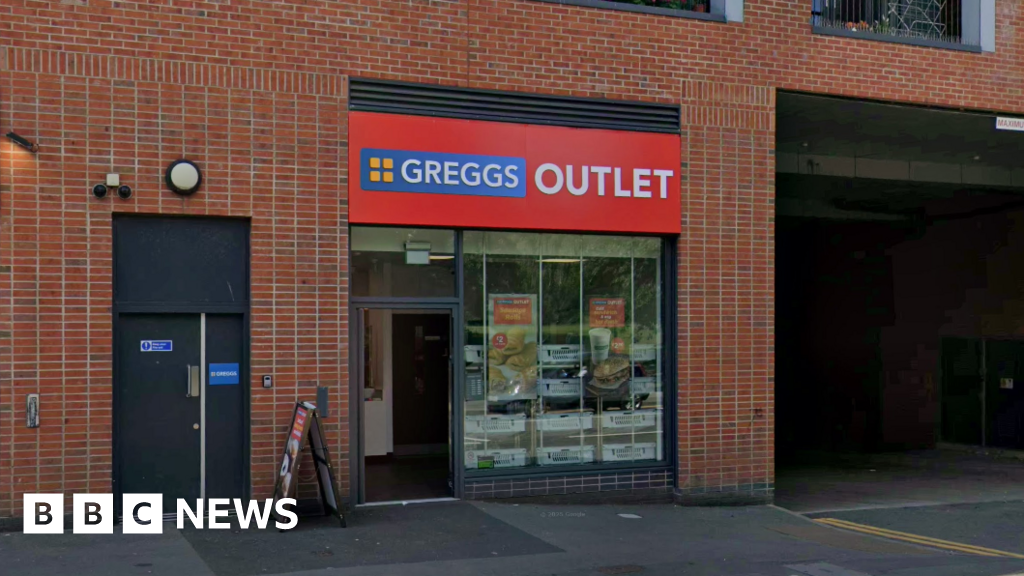McDonald's Japan Cracks Down on Happy Meal Scalpers After Pokémon Card Chaos
McDonald's Japan is implementing stricter measures to prevent scalpers and food waste following the overwhelming demand for its limited-edition Pokémon Happy Meals in August. The company is aiming to avoid a repeat of the chaotic scenes that unfolded during the Pokémon promotion, which led to long lines, fights, and significant food wastage due to resellers seeking the exclusive trading cards.
Sanrio Happy Meal Launch and New Restrictions
The new measures were introduced with the launch of the Sanrio Happy Meal, featuring "My Melody & Kuromi" toys, a Plarail toy, and a "Cinnamoroll" picture book. To combat the issues seen with the Pokémon promotion, McDonald's has implemented several guardrails. These include limiting purchases to in-store orders only, prohibiting mobile orders, drive-thru pickups, and delivery services. Furthermore, customers are limited to a maximum of three meals per group, and multiple purchases by the same customer group are prohibited.
Lessons Learned from the Pokémon Frenzy
The Pokémon Happy Meal promotion saw eager fans and resellers buying up large quantities of meals to obtain the limited-edition McDonald's-Pokémon trading cards. Some customers were reportedly allowed to place unlimited orders, purchasing as many as 20 meals at a time. The meals were priced at 500 yen (about $3.50), but some of the Pokémon cards were subsequently listed on Mercari, Japan's largest online resale marketplace, for as high as 3,000 yen.
McDonald's Stance on Food Waste and Resale
McDonald's has stated that it "does not tolerate the abandonment or disposal of food" and "strictly prohibit[s] the purchase or resale of Happy Meals, purchases for other profit-making purposes, and customers who do not abide by the above rules and etiquette." This is a direct response to the widespread food waste observed during the Pokémon promotion, where many customers discarded the food to obtain the cards.
Wider Context of Food Waste and Responsibility
The issues surrounding the Pokémon Happy Meal promotion highlighted a larger problem of food waste, with images circulating online showing abandoned Happy Meals left on sidewalks. The UN Environment Programme reports that around 1 billion meals of food are wasted per day globally, while millions suffer from food insecurity. Food waste contributes to greenhouse gas emissions and represents a squandering of resources. McDonald's Japan acknowledged that their response to the Pokémon promotion was insufficient and stated it takes the matter seriously.
McDonald's Efforts to Reduce Food Waste
While the chain does not disclose specific food waste figures, McDonald's aims to waste less than 1% of its edible food stock by redirecting food to donations, animal feed, and composting. More broadly, stores such as Kroger and Trader Joe's donate or give away food to charities and those in need. Individuals can contribute by composting leftovers at home to reduce food waste.
 Visit the website
Visit the website
